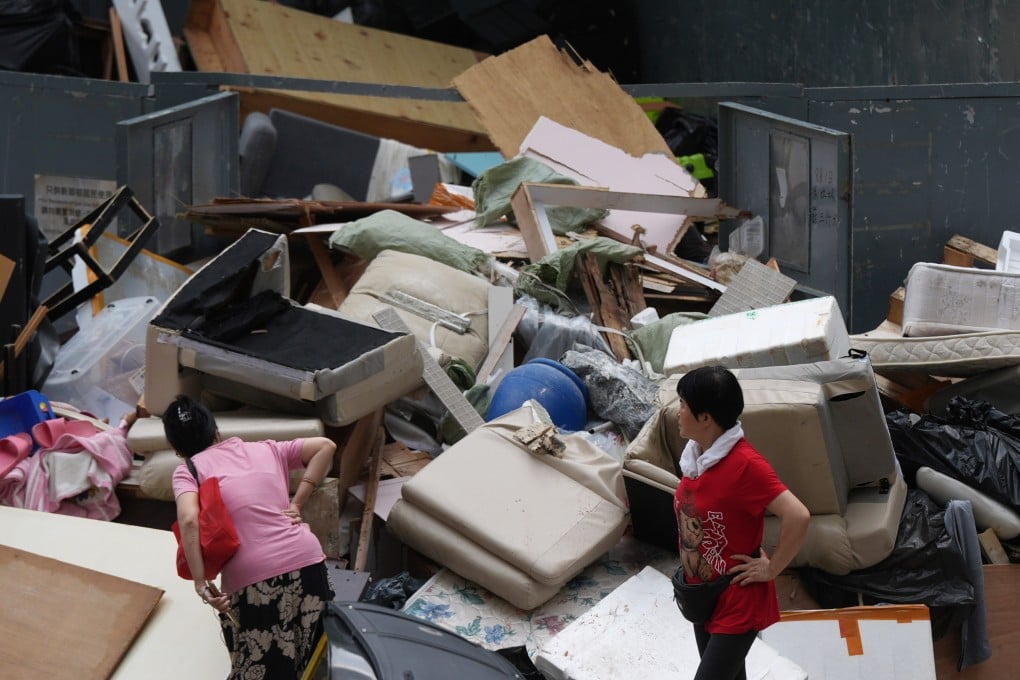Advertisement
Opinion | Hong Kong must not kick the waste reduction can down the road
- Every society that introduced waste charges faced difficulties. But sustainable waste management is critical and cannot be postponed indefinitely
Reading Time:3 minutes
Why you can trust SCMP
10

Good waste management is critical for a modern, developed economy. It is essential to achieving long-term sustainability, enhancing urban development, improving residents’ quality of life, safeguarding public health, protecting the environment and aligning with international commitments.
Advertisement
Therefore, I was disappointed to learn of the government’s recent decision to postpone the city’s scheme to charge for waste disposal. The plan now is to spend more time reviewing procedures and evaluating community readiness, reporting on the progress to the Legislative Council towards the middle of next year.
Considering the mounting public pressure and feedback after the recent trial at 14 locations, I understand the government’s reasoning and decision – the economy is under strain and many people are struggling.
Hong Kong’s unique geographic, demographic and economic characteristics, such as its population density, limited land resources and high consumption rates, make efficient waste management extremely complex.
But they also underscore the need for a comprehensive waste management strategy, including a waste-charging scheme, to change habits, increase recycling and reduce waste.
Advertisement
When I was chairman of the Council for Sustainable Development, starting in 2013 we conducted a comprehensive two-year analysis of public opinion, concerns and suggestions on the proposed scheme.

Advertisement
